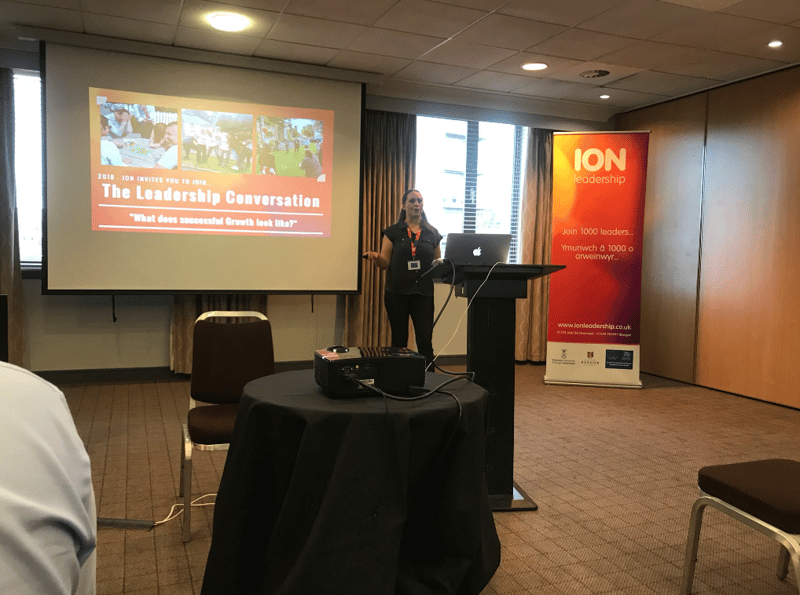May 20, 2016
By Blog Team
In
Updated for 2024
International Clinical Trials Day is celebrated around the world on 20th May.
The global trials industry is worth £30 billion a year (accurate in 2016) and is expected to grow further within the next decade.
Over recent years, clinical trials have been moving overseas to benefit from reduced costs, excellent data quality, and centralised health facilities which lead to quicker patient recruitment.
With the move of the clinical trials programme to countries such as India, Russia and China, new business opportunities arise for language service providers to accommodate the need to bridge the language barrier and offer clinical trial translation services.
As the migration continues, we decided to gather the pros and cons of outsourcing clinical trials.

For Alex Parr, Managing Director of Wolfestone, with the shift in clinical trials towards overseas markets, the number of translation requests has increased.
Parr continues by saying:
“72% is the estimated amount of clinical trials that will be conducted overseas by 2020. For us as a language business that offers huge potential, because a large amount of work will need to be translated, and it has to be flawless.”
“72% is the estimated amount of clinical trials that will be conducted overseas by 2020. For us as a language business that offers huge potential, because a large amount of work will need to be translated, and it has to be flawless.”
Since 2007, China has topped the list of most attractive low-cost global locations to run clinical trials outside the US; closely followed by India and Russia with Brazil and the Czech Republic completing the top five.
Parr warns that going overseas can end up costing more, because:
“If you make a mistake in your translation then the ramifications could be huge. You could damage your reputation as a company or face serious legal issues from mistranslations as we know legal work is so reliant on language. That is why it's important to use a high-quality translation agency.”
“If you make a mistake in your translation then the ramifications could be huge. You could damage your reputation as a company or face serious legal issues from mistranslations as we know legal work is so reliant on language. That is why it's important to use a high-quality translation agency.”
Wolfestone's dedicated clinical trial account managers are always on hand as a responsive point of contact and are happy to find the language solution that is right for you.
Contact us today or explore our life science translation services.
